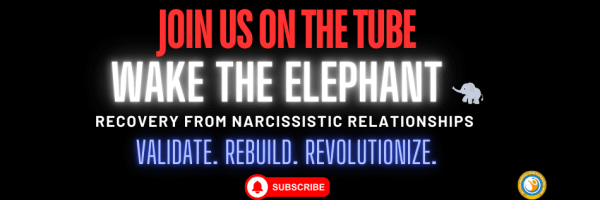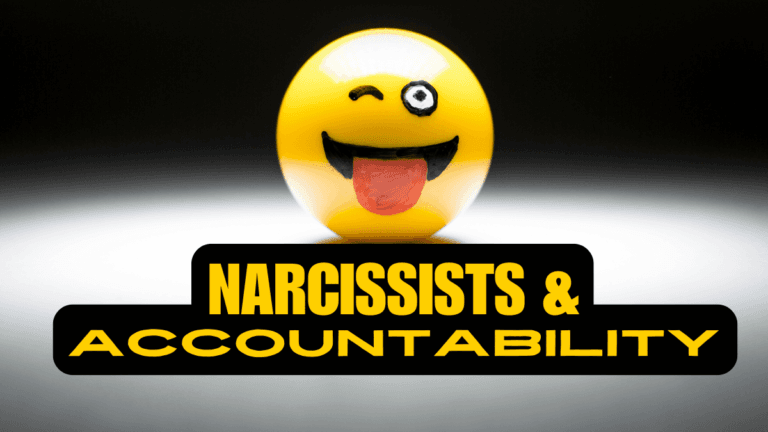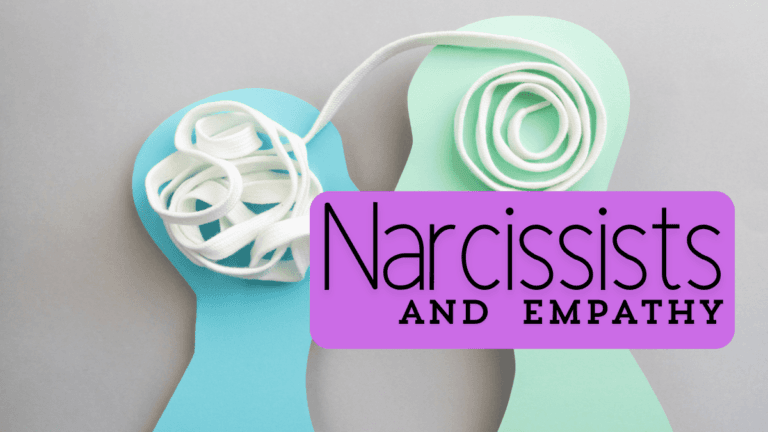Self-Blame and Shame – 2 Courageous Introspective Matters of the Heart in the Healing Process
If you have been in a relationship with a narcissist, your inner flower has started to wilt, even the leaves have started to fall off. You may be in need of water and sun and you long for the freedom and independence to bloom and to be the flower you were meant to be.
The narcissist may have overshadowed you and you lost your sense of self and purpose. Maybe you felt your passions leave as you felt confined to a standard way of living. as a matter of survival.
Introspection after a relationship with a narcissist is one of the key ingredients to move forward. It’s the element that will help you to walk in your potential.
Related: 7 Stages of Grief and Loss after Narcissistic Abuse
We must take a dive deep into matters of the heart that we may have either been too afraid to address, or didn’t have the mental time or capacity to even fathom to address while under narcissist’s rule.
In this post we are going to talk about Self-Blame and Shame – as we dive into these introspective matters of the heart to aid in the healing and recovery process from a relationship with a narcissist.
This post may get deep, so grab a cup of tea, have a seat in your favorite chair and let’s begin.
Table of Contents
Watch the Video
Self-Blame
One of the first areas of the heart we need to address is self-blame. A narcissist is keen in their attempt to try to shift the blame from them over to you. They do not wish to take responsibility for things in the relationship and they look for a scapegoat to charter the blame.
You may blame yourself because you saw some of the red flags in the beginning and failed to act on them. You may feel it’s your shoulder of responsibility to carry this blame going forward.
In the beginning of a relationship, you were met with love-bombing. The narcissist may have been attentive, engaged in conversation, aware of your every move and even faked empathy with you. They did this to set off the relationship with a certain tone, and expectation. They wanted you to believe this was the way things were to be. It was a game, and it was a lie, a façade.
You do not have to choose to blame yourself for what was presented to you was not real, it wasn’t their true self.
Take the Assessment
I’m going to ask you several questions so you to think about self-blame more, so you can do a personal assessment: Do you blame yourself for getting into the relationship? Do you think it’s all your fault? Do you see how the narcissist tries to have you responsible for things, while they refrained from accountability? Do you think you deserve to carry this blame?
Uncovering if we blame ourselves is paramount in moving forward.
Shame
Next, we are going to take a look at shame. Shame is a feeling of embarrassment or humiliation that arises in relation to the perception of having done something dishonorable, immoral, or improper.
Shame is also a coping mechanism after narcissistic trauma that allows for a layer of protection from an event.
Shame can cause our behavior to alter, we may revert into silence, or pull away from others, we may internalize it and lose confidence, and be filled with mixed emotions.
We may not even realize it’s shame we are dealing with. Many times, after narcissistic trauma, there is cognitive dissonance, which is also a protective coping mechanism, so it takes a while to see shame. Shame is also not easy to talk about and surface as some believe in the mindset of “what’s hidden shall remain hidden”.
When areas of the heart are addressed and healed at a deep level, we can see a greater level of freedom going forward.
We may need to recognize shame and see it for what it is. To boldly say, this is shame and work toward removing it, what was not meant for you to carry.
Shame and self-blame go hand in hand. Many times, one thig leads to another, and in order to heal from events of the past, it may be time to speak with a counselor or therapist who understands the trauma endured and can be a guide to help through tough times.
Online Therapy is there for just this reason. They have experts in the field who are adept in handing areas of the heart and are skilled to assist in your healing journey.
Take the Quiz
Take the Assessment #2
Shame likes to remain hidden….and in some situations it is the very thing that can keep the abuse intact. Ready for a few more questions? Do you try to keep the mistreatment a secret in your relationship? Do you fear others finding out things that things are not as good on the inside as the appear to be? Do you think your situation is too unique and you fear no one may understand what you are/have gone through? This is what shame can sound like. If so, let me encourage you to connect with Online Therapy Today.
If you feel at fault for the toxic relationship you were in, it wasn’t your fault. You were manipulated, deceived into something that was not what it claimed to be.
National Domestic Violence Hotline 1-800-799-SAFE (7233) or Thehotline.org
Addressing the shame is key to opening the door to your future. When we address these deep areas of the heart and can receive healing in an area, it frees us from some emotions that were weighing us down.
The road in recovering from narcissistic trauma takes a brave soul and to be willing to go down the path to discover yourself, to remove the toxic blame and shame. It’s a big step in the healing and recovery journey. By introspectively looking at areas and matters of the heart on a deep level, we can see freedom on the other side. It’s not easy, nor quick, but what may emerge may be a whole new you.
I’m excited for you on your journey. Spring is just around the corner and a whole new flower is on the verge of blooming. Drop us a comment if this has been helpful.









